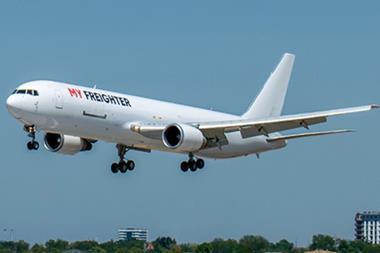
Parcel shippers were hit with peak season surcharges but carriers’ pricing gambles didn’t pay off.
Digitalisation has made some headway in the industry, but it appears to have failed to move the needle significantly when it comes to pricing.
Witness the parcel sector, where the integrated express carriers have been engaged in a curious carrot-and-stick routine this autumn. They have clobbered shippers with an array of surcharges, only to then lure them with heavy discounting.
As usual, FedEx and UPS announced their general rate increase for the coming year in September and October, respectively, at a time when shippers were looking to the annual frenzy of the holiday season. As usual, the pair moved in lockstep, hiking their pricing 5.9%. And as usual, those general increases mask an array of price movements at significantly different rates.
With markedly less fanfare the integrators implemented a host of increases to surcharges for the peak season. Among these was a ‘surge fee’ on US imports arriving by air (50 cents per pound from the Greater China area and 25 cents from other countries) due to come into effect in mid-September.
To confuse matters further, that charge was based on billable weight to allow the integrator to charge by weight or on dimensional metrics. There was also a $20 fuel surcharge for address corrections, although 90% of those changes are made before a package is delivered, according to one parcel consultant.
The pickings proved less than hoped for. Weaker than anticipated demand forced UPS and FedEx to discount aggressively to retain customers. According to the TD Cowen/AFS Freight Index, the net fuel surcharge on express parcels declined 4.9% in the third quarter with discounting taken into the equation.
The index summed it up with the comment: “In parcel, the holiday shipping season brings more wrinkles to an already convoluted pricing picture, in which low demand has carriers discounting away the effects of their own pricing changes.”
The air travel scene is hardly more inspiring. Earlier this year major US airlines and their lobbying group sued the US Transportation Department over new regulations mandating up-front disclosure of certain fees. They argued that the regulator overstepped its legal authority and called the requirements “arbitrary” and “an abuse of discretion”.
Some air cargo industry leaders have long decried the principle of making a dollar off each other and called for transparency to bring about fair pricing. Today rates still appear to be half Orwellian, half Monty Python.










